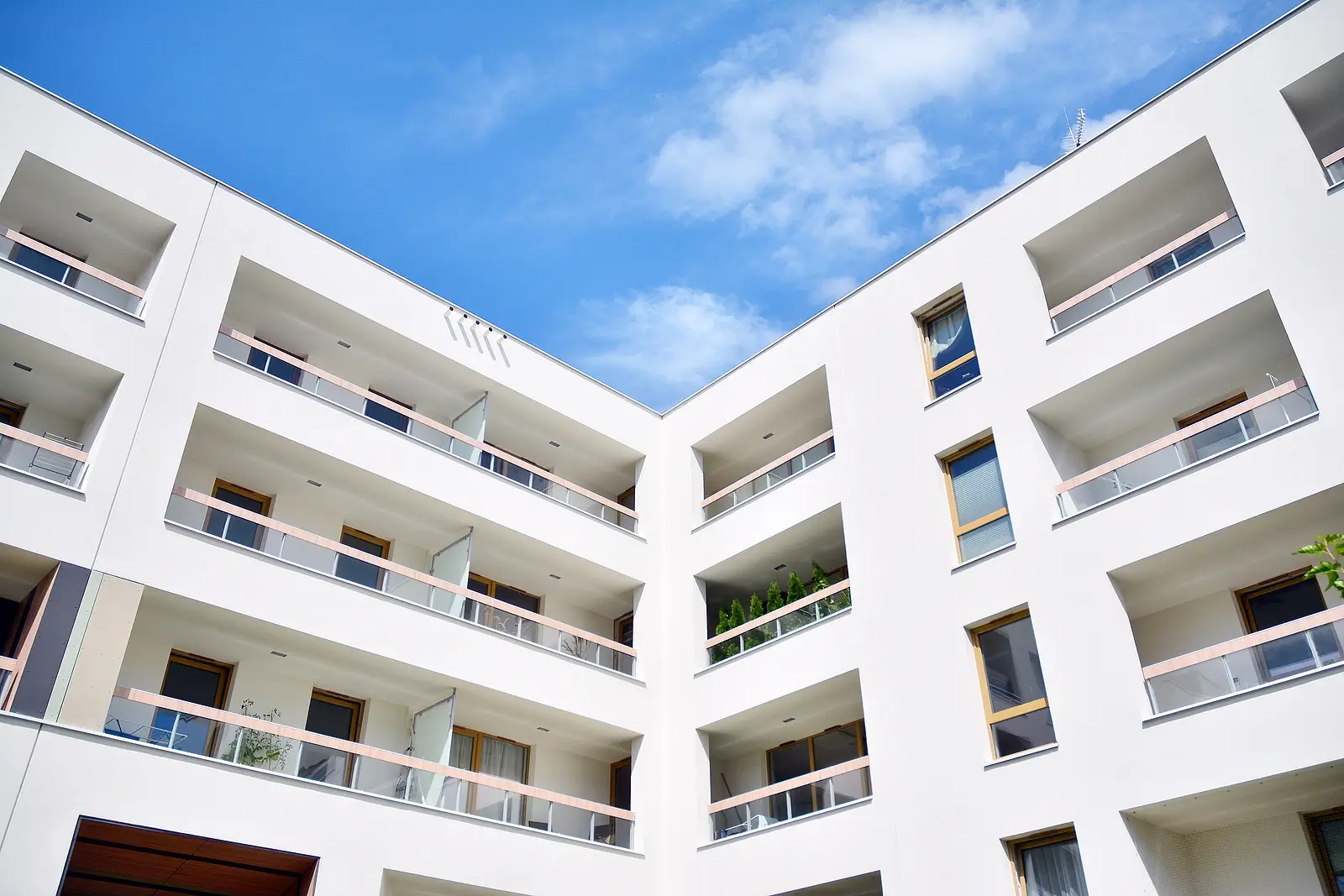When managing commercial real estate, every dollar counts. Between rising utility costs, tenant demands, and operational overhead, finding new ways to boost your bottom line without cutting corners is essential. One solution that’s quietly transforming the way landlords and property managers in Nashville and beyond operate is the Ratio Utility Billing System (RUBS).
At DeSelms Property Management, we understand the challenges commercial property owners face. That’s why we're spotlighting RUBS—a flexible, cost-effective billing system designed to improve your cash flow, increase accountability, and streamline utility recovery.
What Is RUBS, and How Does It Work?
RUBS (Ratio Utility Billing System) is a utility billing method that allocates utility costs to tenants based on a formula rather than individual submeters. Common ratios include square footage, unit count, occupancy, or a blend of these. Instead of paying all utility bills yourself, RUBS allows you to fairly distribute utility charges among tenants based on their proportional usage.
For example, if a tenant occupies 20% of the rentable space in a commercial building, they would be billed approximately 20% of the property's water, sewer, trash, and even electric and gas usage, depending on what’s included in the lease and billing model.
Key Benefits of Implementing RUBS in Commercial Properties
Implementing RUBS isn’t just about recouping utility expenses—it’s a strategic move that can reshape your property's financial outlook. Whether you're managing a shopping center, office park, or industrial facility, this billing model offers more than just convenience. Below, we break down the most compelling advantages of RUBS and why more Nashville commercial landlords are making the switch.
1. Immediate Cash Flow Boost
RUBS is one of the most effective ways to recover operational costs without waiting for costly retrofits or meter installations. By shifting utility expenses from the landlord to the tenant, you can immediately reduce out-of-pocket expenses and improve net operating income (NOI).
With RUBS in place, utility cost recovery can average between 70%–95%, depending on your building's usage patterns and lease agreements.
2. No Capital Investment Needed
Unlike installing submeters, which can be expensive and disruptive, RUBS doesn’t require any upfront infrastructure changes. This makes it ideal for older commercial buildings or mixed-use spaces where retrofitting is not feasible. You can implement RUBS quickly and begin seeing returns almost immediately.
3. Fair and Transparent Allocation
RUBS uses logical, predetermined formulas to allocate costs fairly among tenants. By billing based on square footage or occupancy, you ensure each tenant pays their share without overburdening any one occupant.
Tenants are more likely to accept utility charges when they see that the allocation method is consistent and reasonable.
4. Encourages Utility Conservation
When tenants are responsible for their own utility consumption, they tend to use resources more efficiently. This behavior shift can lead to overall reduced usage across the property, which is good for your budget and the environment.
Lower consumption also means lower total bills—and when tenants conserve, you conserve too.
5. Simplified Operations for Property Managers
RUBS programs are typically managed by third-party utility billing companies, which handle data collection, calculation, invoicing, and reporting. This frees up your internal team and allows DeSelms Property Management to focus on what we do best—delivering outstanding service and keeping your property running smoothly.
With professional RUBS implementation, compliance with local laws and tenant transparency is built into the system.
Ideal Commercial Properties for RUBS
Not all buildings are created equal, but RUBS can be used across a wide variety of commercial property types:
Office buildings
Retail centers
Warehouses and industrial parks
Mixed-use developments
Even if you have some individually metered units and others that are not, RUBS can be applied selectively or used to fill in the gaps, allowing for partial recovery in otherwise uncompensated areas.
RUBS vs. Submetering: What’s the Difference?
Submetering involves installing hardware to measure each tenant’s exact utility usage. RUBS, on the other hand, is based on proportional formulas.
Submetering typically incurs high installation costs due to the purchase of meters and labor, whereas RUBS has little to no upfront cost. Submetering offers precise billing accuracy, whereas RUBS provides a fair estimated allocation using predefined formulas. Implementation time is also a factor—submetering is a slower process, often involving permits and construction, while RUBS can be implemented in just a few weeks.
In short, submetering is best suited for newer buildings with modern infrastructure, while RUBS is ideal for older or retrofitted properties that require a fast and cost-effective billing solution.
At DeSelms Property Management, we often recommend RUBS for landlords in Nashville looking for a quick and affordable way to recover utility costs, especially in properties where submetering isn’t feasible.
Legal Considerations in Tennessee
While RUBS is generally legal in Tennessee, it’s crucial to ensure lease agreements explicitly permit utility cost allocation. Transparency is key—tenants should be informed about how their charges are calculated and which utilities are being billed.
As your Nashville property management partner, DeSelms Property Management ensures that all RUBS properties we manage remain compliant with state and local laws, while maintaining clear and professional tenant communication.
How DeSelms Property Management Implements RUBS
When you work with our team, we handle every step of RUBS implementation, including:
Utility usage analysis
Selecting the appropriate allocation method
Lease agreement adjustments
Onboarding tenants
Coordinating with third-party billing providers
Ongoing monitoring and compliance support
Our customized approach ensures that the RUBS system fits your property type, tenant mix, and financial goals.
Common Concerns from Landlords (and How We Address Them)
“Will tenants push back on utility charges?”
Transparency and fair billing go a long way. We guide you in communicating the benefits and details of the program during lease signing or renewal, reducing friction and increasing understanding.
“Is RUBS just a temporary fix?”
No. While it doesn’t track exact usage like submeters, it’s a long-term solution used successfully in thousands of properties nationwide to recover costs and promote conservation.
“Can RUBS negatively affect tenant retention?”
When properly communicated and implemented, RUBS has minimal impact on retention, especially in markets like Nashville, where utility costs are rising and tenants expect cost-sharing models.
Improve Your Cash Flow Without the Upfront Cost
RUBS is more than just a billing system—it’s a smart way to reduce operational expenses, create a more sustainable property, and improve your bottom line without heavy capital investments. In Nashville’s competitive commercial real estate market, staying ahead means embracing tools that work for both landlords and tenants.
At DeSelms Property Management, we specialize in maximizing property performance. Whether you manage a single retail space or a multi-tenant office complex, we can help you implement RUBS effectively and professionally.
Want to Learn More?
If you're ready to reduce expenses and increase profitability across your commercial portfolio, contact DeSelms Property Management today. Our Nashville-based team is here to help you evaluate if RUBS is right for your property and guide you through every step of implementation. Contact us today!







